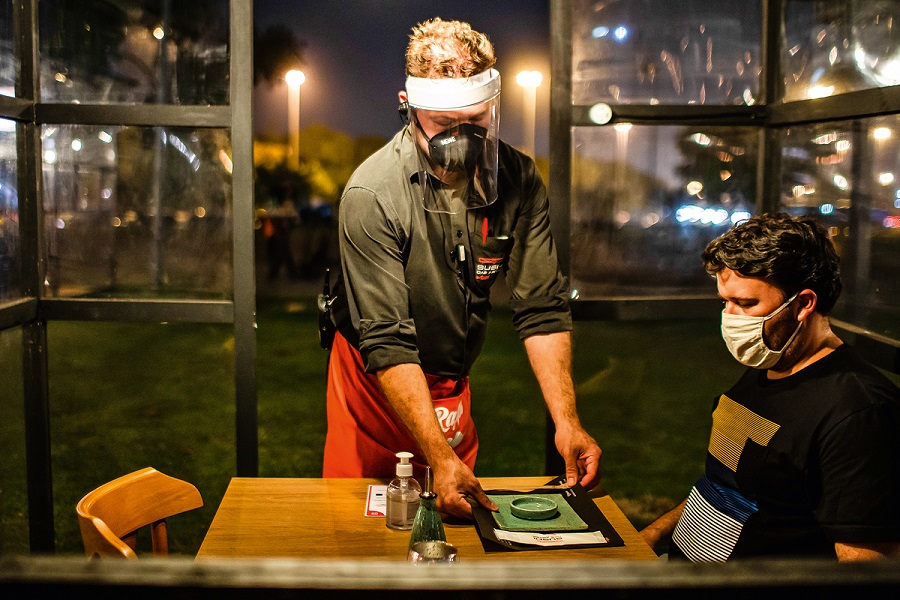RIO DE JANEIRO, BRAZIL – The Rio de Janeiro Economic Report released on Tuesday, July 19, by Mayor Eduardo Paes and the Secretary of Economic Development, Innovation and Simplification (SMDEIS) Chicão Bulhões, is optimistic.
The document assesses that the acceleration of the vaccination campaign against Covid-19 should lead to a real increase in the municipal Gross Domestic Product (GDP) this year of around 5%, after an estimated drop of 5.6% last year.

Another positive aspect pointed out by the document was growth in the labor market in recent months. From January through May this year, 16,000 new jobs were created, half of which in May.
The majority of new jobs were crated in the services sector, the segment of the Rio economy that employs the most people, according to data from the General Register of the Employed and Unemployed (CAGED).
“Our secretariat seeks to attract investments, to unify all licensing processes and ease the lives of those who wish to undertake business in the city of Rio. As a consequence, we expect more wealth, investments, and jobs being generated,” the Mayor said
Indicator
The Economic Activity Indicator (IAE-Rio) created by the Secretariat of Economic Development to monitor the behavior of the economy in the city, showed an improving trend in recent months with 5.2% growth in April compared to the same month last year. In the first four months of the year, the IAE-Rio grew 0.8% compared to the same period in 2020.
Secretary Chicão Bulhões said that the goal is to make Rio the best city in Latin America for opening companies and licensing works, mainly for low-impact businesses which represent over 80% of the Rio economy.
“We want people to open companies super-fast and easily formalize them because this enables access to credit, tax collection, and employment. This provides citizenship, dignity, and reduces inequality,” he said.
The report shows that the inflation rate in the city fell below the national average. In the 12 months through April, the index reached 6.6%, against 8.1% in the Brazil Index. Food at home, explained by purchases of products by families in markets, and fees administered by the government (such as fuel, cooking gas, electricity) pushed up prices in the city, up 13.2% and 9.6%, respectively.
The document also shows the three percentage points growth in the unemployment rate, which had been on an upward trend since 2017. In the first quarter this year, as a result of the impact of the economic crisis generated by the Covid-19 pandemic, inflation reached 16%, up from 13% early last year.

